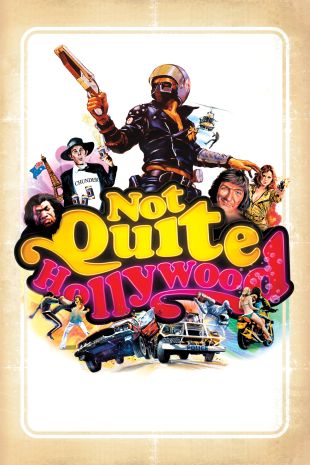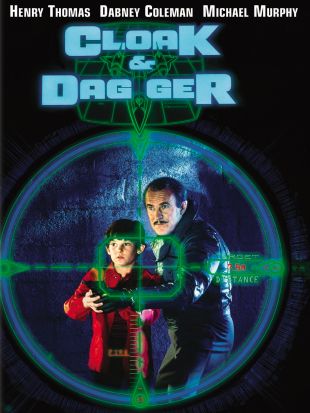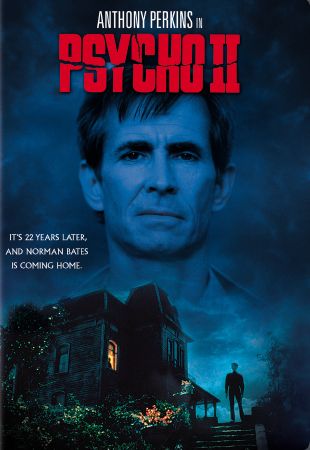After contributing a handful of seminal motion pictures to the Australian film renaissance, Aussie helmer Richard Franklin migrated to Hollywood and crafted a series of memorable, finely wrought suspensers. All demonstrated not merely supreme influence by "The Master" -- Alfred Hitchcock -- but a sharp, witty, and subversive sense of humor and a contemporary feel, proving that Franklin could incorporate Hitchcockian elements into his own signature style with seamless fluidity. He thus qualified as a true protégé and not merely an imitator.
Born in Melbourne, Australia, on July 15, 1948, Franklin worshipped movies as an adolescent but reportedly also loved R&B music -- an interest that inspired him to form his own grassroots band, the Pink Finks. When that outfit folded, Franklin turned to cinema, and -- recognizing the Aussie film industry as still nascent -- enrolled in film school at the University of Southern California. As a student, he became acquainted with such future giants as George Lucas, Robert Zemeckis, and John Carpenter.
Returning to Australia in 1970, Franklin turned out an unmemorable series of projects, notably several episodes of the local TV program Homicide and the sex film Belinda (1975). He made a significant impact, however, with the brilliant True Story of Eskimo Nell (1974), a quirky farce about a window peeper called Dead-Eye Dick (Max Gillies), who develops an unlikely friendship with an adulterous rake (Serge Lazareff). Together, the men hit the road and head off to meet Dick's lover in Alaska. The movie became a local sensation and a cult hit, and paved the way for many future Franklin projects. Patrick (1978) revealed the first Hitchcockian stirrings inside of the budding director; it wove the imaginative tale of a comatose serial killer in a hospital who communicates telepathically with a resident nurse. Down under, however, Franklin is best known for the superlative Road Games (1981) (co-written with Everett de Roche) -- which in many ways represented the pinnacle of his career, and which he made while co-producing The Blue Lagoon (1980) with fellow classmate Randal Kleiser. With supreme restraint and control, it tells of a semi-truck driver (Stacy Keach) being pursued by a psychopath in a black van across the outback -- as he pilots his truck down the only highway that runs between Melbourne and Perth. At the time of its production, Road Games was allegedly the most expensive film ever made on the Australian continent.
That film prompted Hollywood to tap Franklin for a lengthy West Coast directorial stint, where he helmed the well-received Psycho II (1983) -- proving that it was possible to make a sequel to that masterpiece that works on its own terms -- as well as Cloak and Dagger (1984), an enticing, video-game influenced thriller with Dabney Coleman as Jack Flack, a superspy who assists an imaginative young boy (Henry Thomas) with an espionage plot. The thriller F/X 2 (1991) followed, as did several episodes of television's fantasy series Beauty and the Beast in the early 1990s. Franklin later returned to Australia, directing such movies as Hotel Sorrento (1995) and Brilliant Lies (1996). Franklin died of prostate cancer at age 58, on July 11, 2007. He was, by all accounts, one of the most congenial and relaxed of all directors; for this reason, actors and screenwriters often flocked to work with him.


